Africa’s AI Era Is Here — Build With It or Get Left Behind
AI is here in Africa, promising massive economic growth and already changing lives. But hurdles remain. The key question: Will Africa build its own AI future or be left behind?

Africa stands at a crucial turning point. According to a Microsoft report, artificial intelligence, or AI, is predicted to add a massive $1.5 trillion to the continent’s total economic output by the year 2030. This presents a clear choice for African nations: actively develop and use AI to tackle the unique challenges they face or risk becoming even more reliant on technology developed outside the continent.
Across Africa, AI is already starting to change lives in significant ways. Farmers are using drones, guided by AI, to predict how their crops will grow and identify potential problems early. These examples show the power of AI to address local needs.
However, there are significant hurdles that could prevent Africa from fully benefiting from the AI revolution. If these systemic issues are not addressed urgently, the continent risks being left behind as the rest of the world advances in this critical technology.
Current AI Landscape: Progress and Pitfalls
A. Grassroots Innovation
Despite the challenges, there is a growing wave of innovation in AI across Africa, driven by local entrepreneurs and researchers who understand the continent’s specific needs.
In agriculture, startups like Aerobotics in South Africa are using drones and AI-powered analysis to help farmers identify and combat pests and diseases affecting their crops. This allows for more targeted interventions, reducing losses and increasing yields.
Healthcare is also seeing the impact of AI. In Rwanda and Ghana, AI-powered diagnostic tools are being used to improve the early detection of serious diseases like tuberculosis and breast cancer. This can lead to earlier treatment and better health outcomes for patients.
B. Localized Language AI
A significant area of progress is the development of AI models that understand and can process African languages. Companies like Lelapa AI are creating multilingual AI models, such as InkubaLM, that can work with various African languages. This is crucial for making AI accessible and relevant to a wider population, enabling services like chatbots for customer support and educational tools in indigenous languages.
C. Infrastructure Gaps
Despite these promising developments, significant infrastructure gaps remain a major challenge. Only about 28% of the African population has reliable access to the internet. This limited connectivity makes it difficult to deploy and utilize AI-powered applications effectively. Furthermore, frequent power outages across many parts of the continent disrupt the continuous operation of AI systems and data centers. These infrastructure limitations need to be addressed to unlock Africa’s AI potential fully.
III. Challenges Threatening Africa’s AI Potential
A. Talent Drain and Skills Shortage
A critical challenge is the shortage of skilled AI professionals within Africa. Limited educational opportunities in AI and the migration of talented individuals to countries with more advanced tech sectors are hindering progress. For example, studies have shown that over 40% of AI startups in Africa struggle to find and hire engineers with the necessary expertise. This lack of local talent slows down the development and implementation of AI solutions tailored to African needs.
B. Funding Disparities
Funding for AI research and startups in Africa is significantly lower compared to other regions. African AI startups receive less than 5% of the total global investment in AI. This financial disparity makes it difficult for African innovators to scale their solutions and compete on a global level. A case in point is Nigeria’s Crop2Cash, which uses AI to create risk profiles for smallholder farmers to help them access loans. While the technology is promising, the company faces challenges in expanding its reach due to limited funding.
C. Data Scarcity and Bias
The accuracy and effectiveness of AI models heavily depend on the data they are trained on. In Africa, poor data collection infrastructure and a lack of comprehensive datasets are significant obstacles. Moreover, existing datasets may contain biases that can lead to AI systems that perpetuate or even amplify existing inequalities. For example, if facial recognition technology is primarily trained on data from one demographic group, it may not work accurately for individuals from other groups, potentially leading to discriminatory outcomes.
D. Ethical Risks
The rapid development and deployment of AI also raise ethical concerns. The lack of clear regulations and guidelines in many African countries creates risks related to data privacy, algorithmic bias, and the potential for AI to be used for surveillance or to further existing discrimination. It is crucial to address these ethical considerations proactively to ensure that AI benefits all segments of society and does not exacerbate existing vulnerabilities.
IV. Strategies to Secure Africa’s AI Future
A. Homegrown Solutions for Local Problems
A key strategy for Africa to succeed in the AI era is to focus on developing homegrown solutions that directly address local challenges.
In agriculture, Tanzania’s BizyTech utilizes satellite imagery and AI analysis to provide farmers with tailored advice on planting, irrigation, and pest control, reportedly boosting farmers’ incomes by up to 30%. This demonstrates the power of AI to address specific agricultural needs in the African context. In healthcare, Zipline’s AI-optimized drones are revolutionizing the delivery of medical supplies in Rwanda, cutting delivery times from hours to just minutes and saving lives, especially in remote areas.
B. Investing in Talent and Infrastructure
Significant investment in education and infrastructure is essential to build a strong AI ecosystem in Africa. Major technology companies like Microsoft and Google have launched AI academies aimed at training a large number of Africans in AI-related skills, with a goal of reaching 100,000 individuals annually. On the infrastructure front, companies like Cassava Technologies are deploying AI-ready data centers in key African markets like South Africa, Kenya, and Nigeria, providing the necessary computing power for AI development and deployment.
C. Collaborative Governance
Establishing clear and collaborative governance frameworks is crucial for guiding the development and use of AI in Africa. Several countries are taking steps in this direction. Kenya, Egypt, and Zambia have adopted national AI strategies that focus on promoting innovation while also addressing ethical considerations and potential risks. At a continental level, the African Union has developed a Continental AI Strategy that aligns with the broader goals of Agenda 2063, aiming to foster a unified approach to AI development across the continent.
D. Ethical and Inclusive AI
Ensuring that AI development in Africa is ethical and inclusive is paramount. Companies like Lelapa AI are actively working on mitigating bias in their language models to ensure that AI systems work fairly and accurately for all language speakers. Similarly, efforts are underway in South Africa and other countries to develop AI tools that reflect the diverse cultures and contexts of the continent.
V. Case Studies: African AI Trailblazers
Several African organizations and initiatives are leading the way in AI innovation:
- Lelapa AI (South Africa): This company has developed InkubaLM, the first multilingual small language model specifically for African languages. It supports languages like Zulu, Swahili, and others, enabling a wider range of AI applications in local contexts.
- M-Pesa (Kenya/Tanzania): By using AI to assess the creditworthiness of individuals with limited financial history, M-Pesa has been able to approve 70% more small-business loans, significantly boosting economic activity and financial inclusion.
- Zipline (Rwanda): Their AI-powered drone delivery system has dramatically reduced the time it takes to deliver critical medical supplies, from hours to just minutes, proving the life-saving potential of AI in logistics and healthcare.
VI. The Cost of Inaction
Failing to invest strategically in AI and address the existing challenges could have significant negative consequences for Africa. Studies suggest that AI could potentially replace 20-30% of outsourced jobs in sectors like customer service by 2030. Without a strong local AI ecosystem, African economies could experience significant job losses as these roles are automated elsewhere. Furthermore, without actively participating in the AI revolution, Africa risks falling further behind in global technological competitiveness, hindering economic growth, and perpetuating dependence on foreign technologies.
Africa’s AI era is not a future possibility; it is happening now. The African Union’s ambitious $60 billion AI fund and the groundbreaking work of startups like Lelapa AI demonstrate the continent’s potential to be a leader in this transformative technology.
“AI is a strategic turning point. Africa must capture this opportunity or risk being left behind—again” – Lillian Barnard
Recent Posts
Related Articles
Why Africa’s Business leaders are betting big on AI
African Business Leaders Champion AI: Strategic Investments and Transformative Initiatives Reshaping the...
ByTrendit AfricaHow does the African Declaration on Artificial Intelligence aim to shape the future of AI in Africa?
Fifty-four nations have signed a bold declaration aiming for the continent to...
ByTrendit AfricaMain Goals of the Global AI Summit on Africa
Leaders and innovators convened in Kigali for the Global AI Summit on...
ByTrendit AfricaHow African Creators Are Using AI to Take Their Work to the Next Level
How African Creators Are Using AI to Outwork, Outsmart, and Outcreate.
ByTrendit Africa



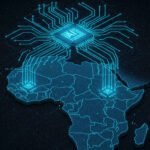


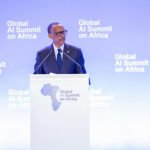
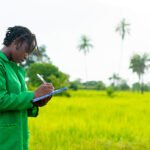



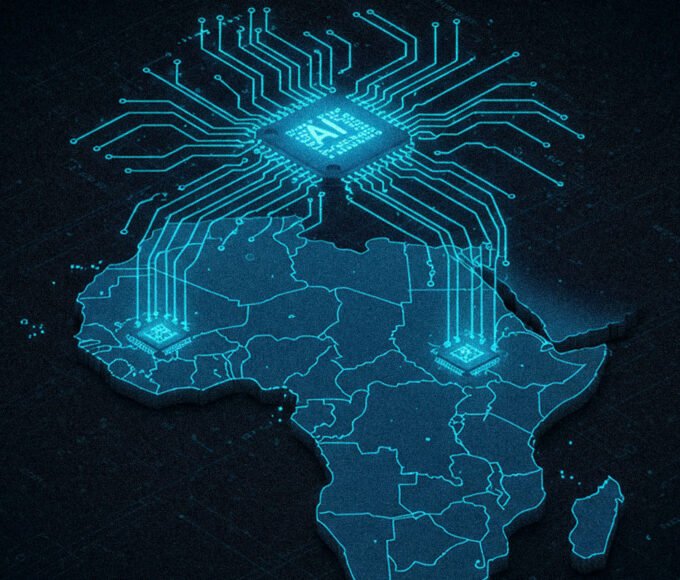
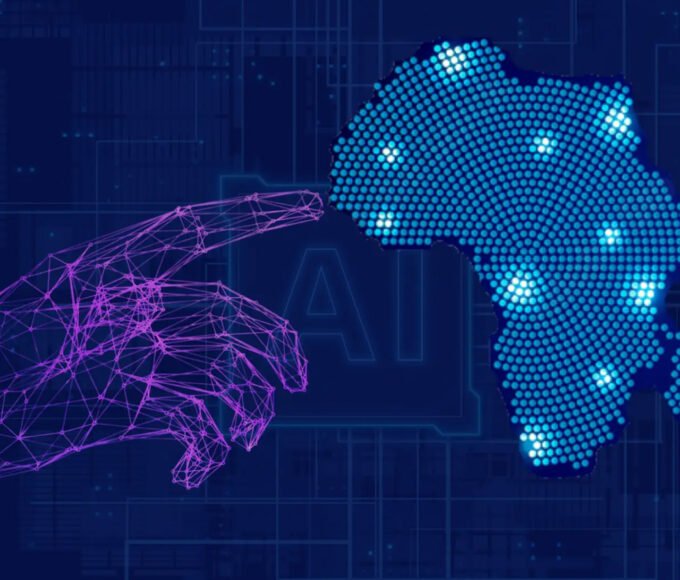
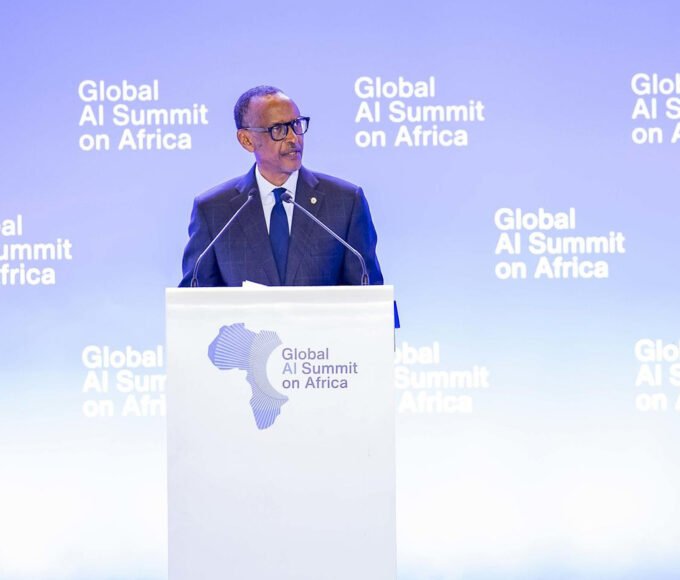
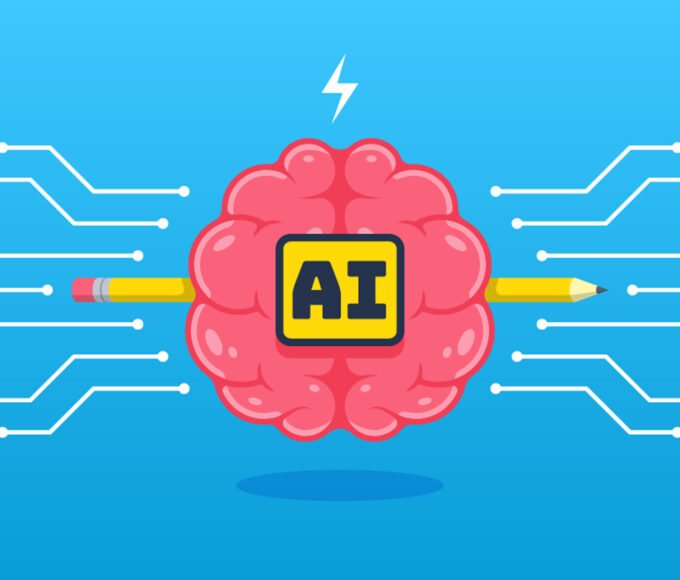
Leave a comment